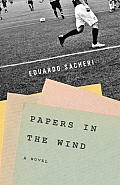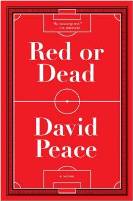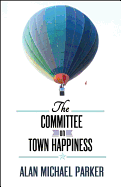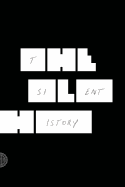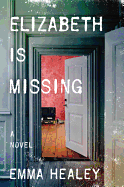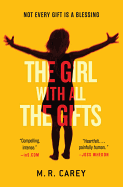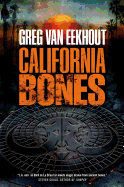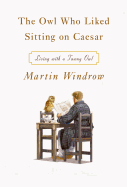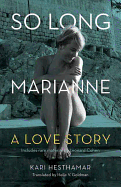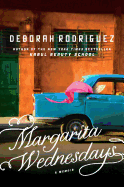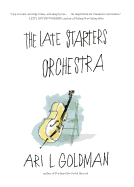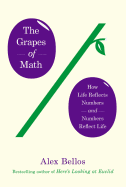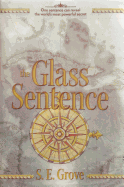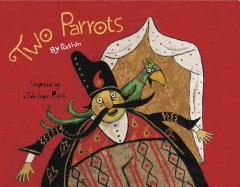The Blank Spaces on the Map
I always wanted to go on a book tour. During the seven years I was writing The Steady Running of the Hour, it was the one fantasy I'd let myself indulge in. I set off on the first flight, from Austin to New Orleans, holding a printed schedule with five weeks of readings and interviews and planes and hotels. In years of traveling, I had never been on such a planned trip. But I soon learned that like the blank spaces on an old map, it was the things unlisted on the schedule that would change me, the moments before or after that I would never forget.
 There was the reading at Warwick's in San Diego, after which two young veterans came to the signing table to tell me about the letters they had written home, not from the Somme, as in my novel, but from Iraq. There was the weekend in Moscow, Idaho, where the staff of BookPeople of Moscow not only threw an unforgettable event, but housed and fed me, and took me on a hike above the green hills of the Palouse, the ridge crowned with wildflowers in spring bloom.
There was the reading at Warwick's in San Diego, after which two young veterans came to the signing table to tell me about the letters they had written home, not from the Somme, as in my novel, but from Iraq. There was the weekend in Moscow, Idaho, where the staff of BookPeople of Moscow not only threw an unforgettable event, but housed and fed me, and took me on a hike above the green hills of the Palouse, the ridge crowned with wildflowers in spring bloom.
By the time I boarded my plane home, my suitcase was so crammed with mementos I could hardly shut it. They were the things I kept, and they have to stand in the many things I couldn't take home--long drives below snow-capped mountains, long nights with readers and writers and booksellers.
Before I went on tour I was convinced that books would always matter, because they had always mattered so much to me. But after the tour I knew it was true, for I had met dozens, even hundreds of people so touched by books that they give their lives to reading, writing or selling them, day after day. And out of everything I saw on my tour, it is them I will remember. -- Justin Go



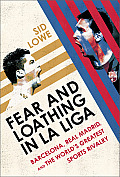
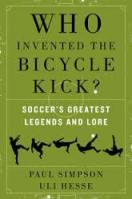
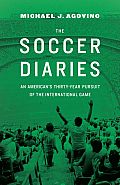 The Soccer Diaries: An American's Thirty-Year Pursuit of the International Game (University of Nebraska Press) is Michael J. Agovino's story of falling in love with the sport in the U.S. in the '80s and his pursuit of the game both here and internationally. Arranged by specific matches, the book is a personal and entertaining travelogue. He went to so many great matches. So jealous.
The Soccer Diaries: An American's Thirty-Year Pursuit of the International Game (University of Nebraska Press) is Michael J. Agovino's story of falling in love with the sport in the U.S. in the '80s and his pursuit of the game both here and internationally. Arranged by specific matches, the book is a personal and entertaining travelogue. He went to so many great matches. So jealous.